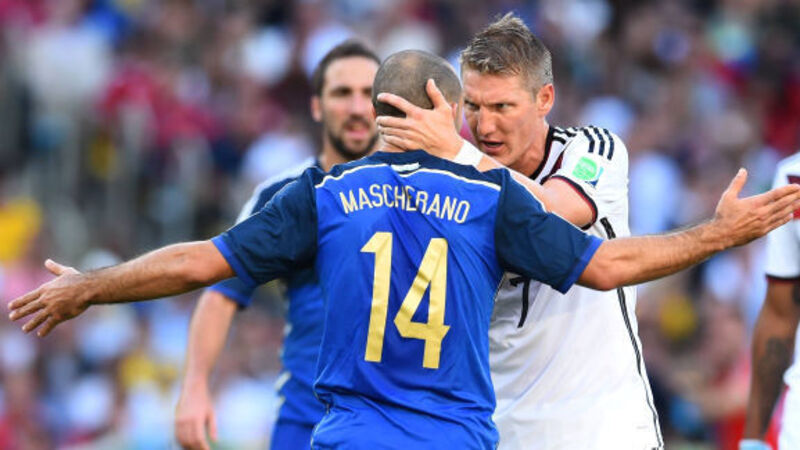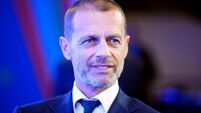World beaters: best of the best

In a World Cup where goalkeepers stood out, Keylor Navas really stepped up. He was not just the finest number one, but also the best performer in Costa Rica’s historic run to the quarter-final. While that feat was about so much more than defensive resilience, Navas’s series of supreme saves was a large part of it, particularly in the second-round penalty shoot-out against Greece. The 27-year-old also defined how so many Costa Ricans played well above their club level, and he will surely get a move away from Levante out of his supreme World Cup.














